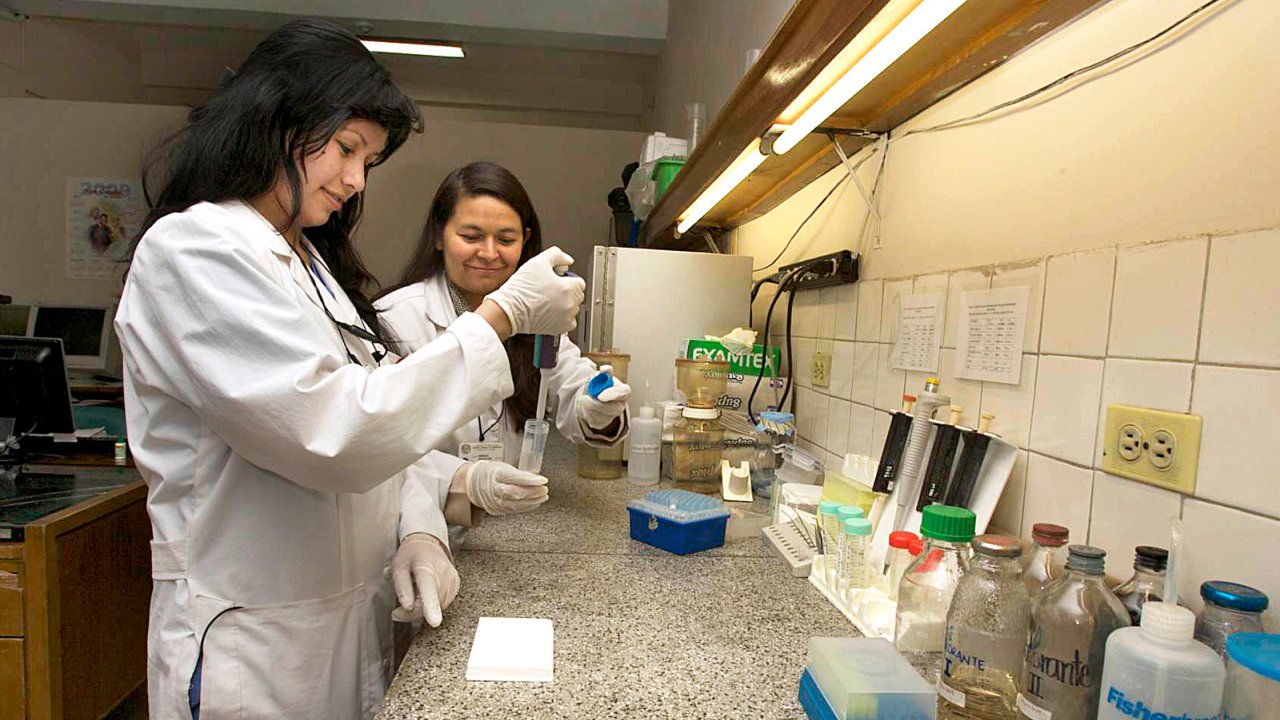
Disadvantages in preparing and publishing scientific papers caused by the dominance of the English language in science: The case of Colombian researchers in biological sciences [Top 100 research & commentary of 2020]
This article is part 9 of a series reviewing selected papers and associated commentary from Altmetric’s list of the top 100 most discussed and shared research and commentary of 2020.
In the #75 article1 in Altmetric’s top 100 list for 2020, Valeria Ramírez-Castañeda explores how Colombian researchers in biological sciences are disadvantaged in publishing their work in academic journals by the dominance of the English language in science.
Academic publishing is highly competitive, and the success of a scientist depends on their production of scientific papers and the impact factor of the journals in which they publish. Ramírez-Castañeda alerts that because most major scientific journals are published in English, success is related to publishing in this language. Currently, 98% of publications in science are written in English, including by researchers from countries where English is a foreign language.
However, Colombia is among the countries with the lowest English proficiency in the world. Ramírez-Castañeda advises that this means that understanding the disadvantages faced by Colombians in academic publishing is crucial to reducing global inequality in science.
Through her research, Ramírez-Castañeda identified that more than 90% of the scientific articles published by Colombian researchers are in English, and that publishing in a second language creates additional financial costs to Colombian doctoral students and results in problems with reading comprehension, writing ease and time, and anxiety.
Rejection or revision of articles because of English grammar issues was reported by 43.5% of the doctoral students, and 33% decided not to attend international conferences and meetings due to the mandatory use of English in oral presentations. Among the translation / editing services reviewed, the cost per article was found to be between one-quarter and one-half of a doctoral monthly salary in Colombia. Of particular note, Ramírez-Castañeda identified a positive correlation between English proficiency and the higher socioeconomic origin of the researcher.
Ramírez-Castañeda advises that her study highlights the negative consequences of the hegemony of English in academic publishing, and how this contributes to preserving the global gap in science. She states that although having a common language is important for science communication, generating multilinguistic alternatives would promote diversity. She advises that such an effort should come from different actors and should not fall solely on researchers from countries where English is a foreign language.
The potential multilinguistic alternatives suggested by Ramírez-Castañeda are:
- increasing the perceived value of publishing in regional or smaller journals regardless of impact factors, in order to reduce the pressure to publish in the most prestigious and monolingual journals
- supporting journals that accept papers in several languages
- promoting the inclusion of other languages in journals at the international level
- incorporating revision or translation services in all fees paid to publish an article and providing these services to all scientists at no additional charge to them
- establishing multilingual annual or periodic editions in renowned journals
- universities and conferences including aids such as English tutoring for academic purposes
- international conferences retaining a space for presenting in local languages
- conferences using methodologies such as simultaneous translation
- conference exchange spaces in other languages
- strengthening publicly available technologies such as Google Translate that allow simultaneous written translation.
What does this mean for knowledge management?
All four of the chapters in the colonial influences section of the book Reassembling scholarly communications: Histories, infrastructures, and global politics of Open Access2 also identify the negative impact that the English language hegemony has on the publication of academic knowledge from the Global South.
Because of this, addressing the English language biases in academic publishing has been identified as a critical aspect of the decolonisation of knowledge. This means that the multilinguistic alternatives suggested by Ramírez-Castañeda should be considered by the knowledge management (KM) community as it moves forward to play a leading role in regard to the decolonisation of knowledge.
Header image: Research into the HPV (Human Papilloma Virus) and Cervical Cancer in the Immunology lab. Cancer Institute of Columbia, Bogata, Columbia. Pan American Health Organization (PAHO) on Flickr, CC BY-NC 2.0.
References:
- Ramírez-Castañeda, V. (2020). Disadvantages in preparing and publishing scientific papers caused by the dominance of the English language in science: The case of Colombian researchers in biological sciences. PloS one, 15(9), e0238372. ↩
- Eve, M. P., & Gray, J. (Eds.) (2020). Reassembling scholarly communications: Histories, infrastructures, and global politics of Open Access. MIT Press. ↩
Also published on Medium.





